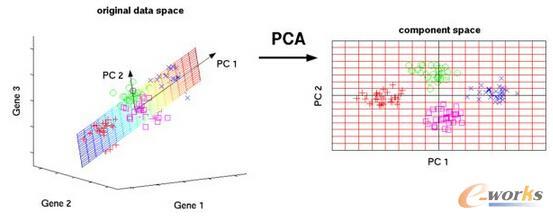The goal of this paper is to address the problem of \textit{global} point cloud registration (PCR) i.e., finding the optimal alignment between point clouds irrespective of the initial poses of the scans. This problem is notoriously challenging for classical optimization methods due to computational constraints. First, we show that state-of-the-art deep learning methods suffer from huge performance degradation when the point clouds are arbitrarily placed in space. We propose that \textit{equivariant deep learning} should be utilized for solving this task and we characterize the specific type of bi-equivariance of PCR. Then, we design BiEquiformer a novel and scalable \textit{bi-equivariant} pipeline i.e. equivariant to the independent transformations of the input point clouds. While a naive approach would process the point clouds independently we design expressive bi-equivariant layers that fuse the information from both point clouds. This allows us to extract high-quality superpoint correspondences and in turn, robust point-cloud registration. Extensive comparisons against state-of-the-art methods show that our method achieves comparable performance in the canonical setting and superior performance in the robust setting in both the 3DMatch and the challenging low-overlap 3DLoMatch dataset.
翻译:暂无翻译


























